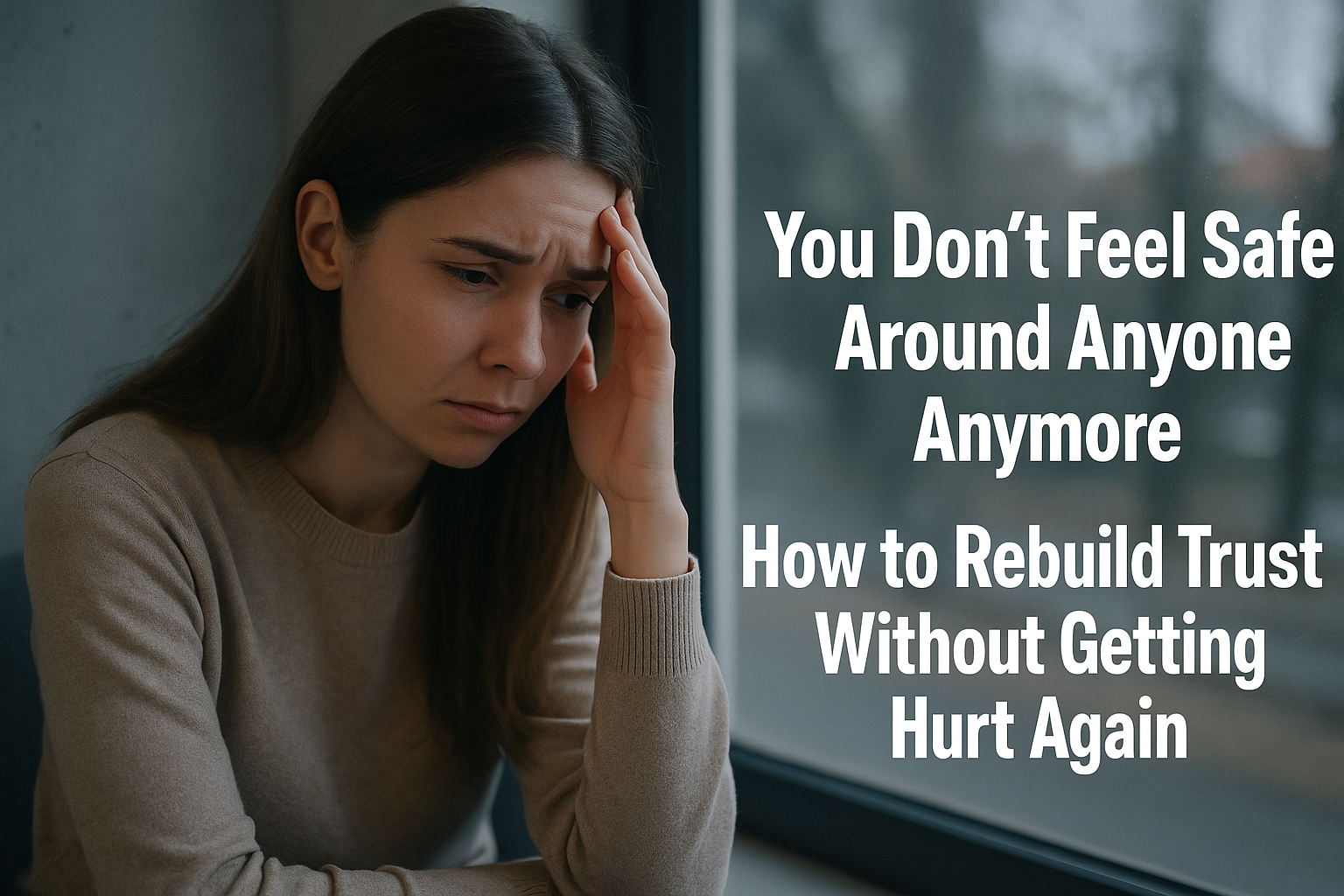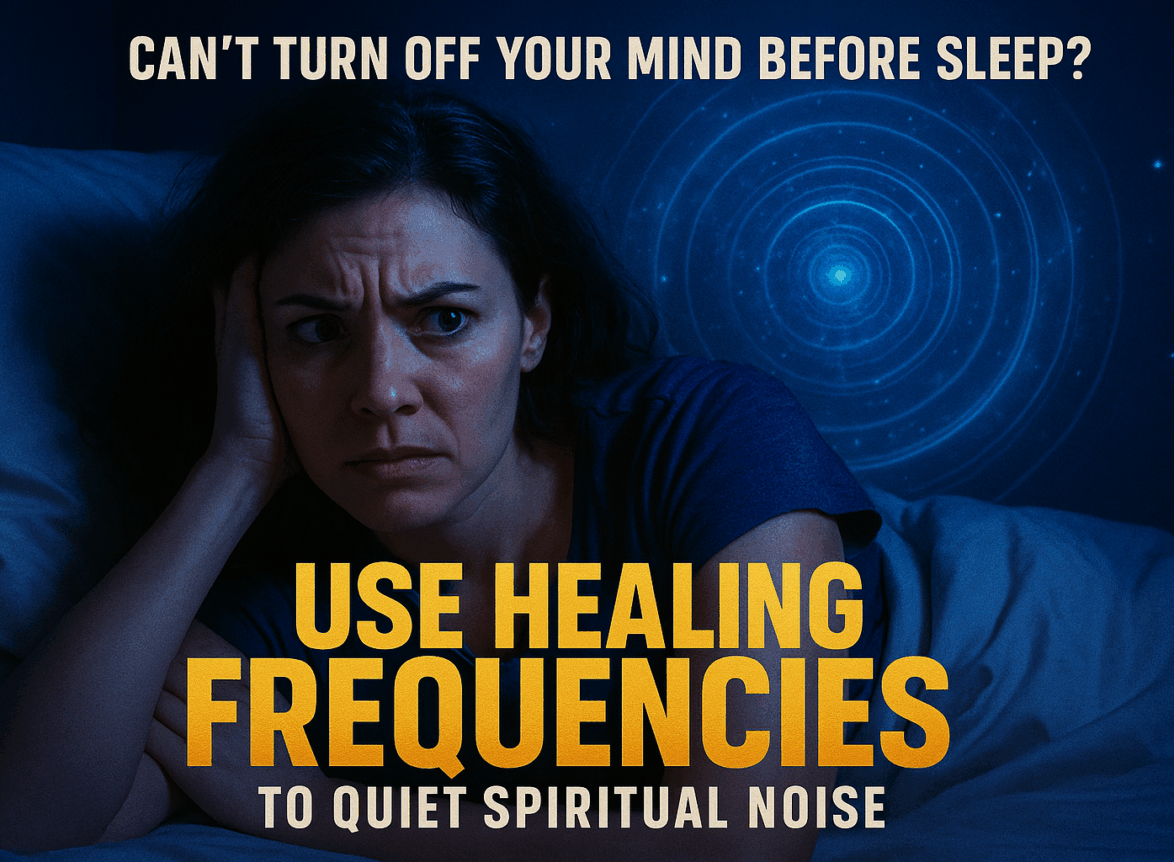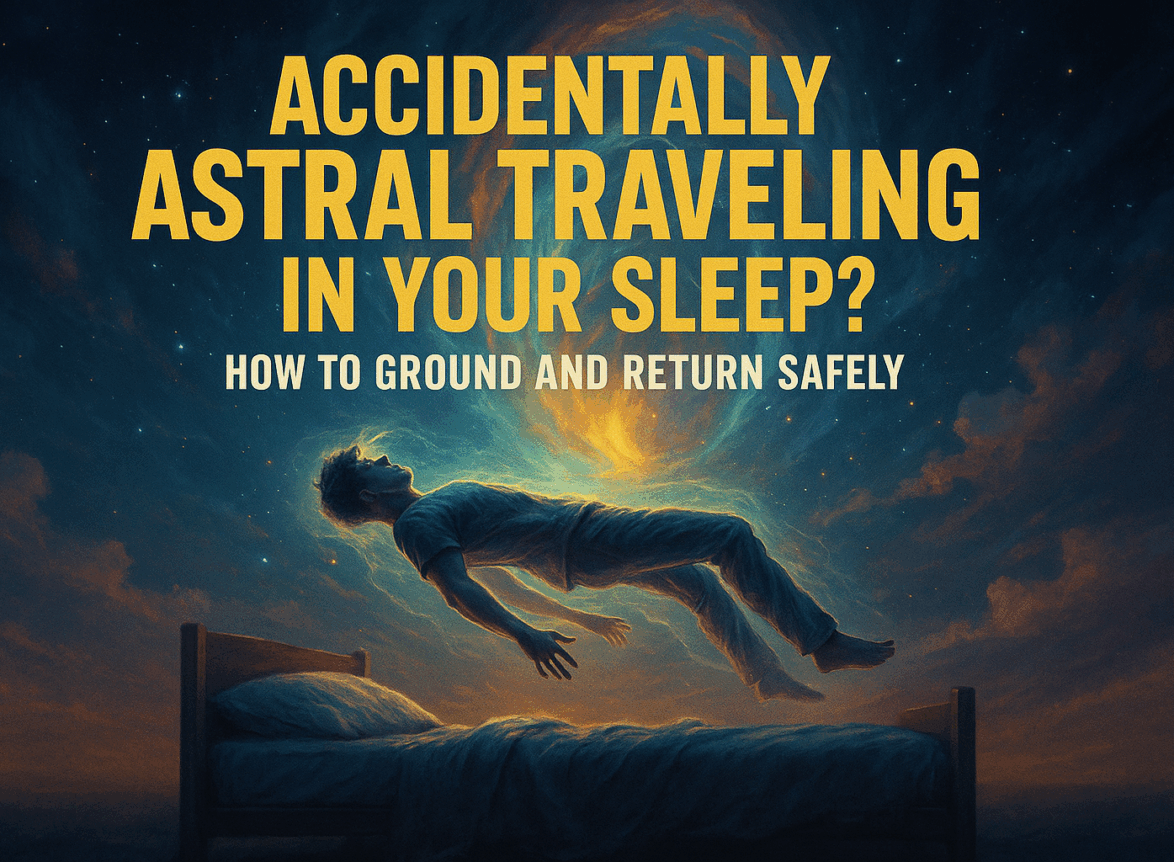🧨 When Trust Feels Like a Setup
You don’t want to isolate.
You don’t want to be bitter.
You don’t want to assume the worst about everyone.
But your body won’t lie.
You flinch when your phone lights up.
You freeze when someone gets too close.
You question even kindness — because you’ve seen what it hides.
And maybe it wasn’t just one betrayal.
Maybe it was:
- The friend who twisted your story
- The partner who weaponized your softness
- The “safe space” that turned on you the moment you spoke your truth
So now?
You don’t feel safe around anyone.
Not even yourself sometimes.
And the world calls you closed off.
Too guarded. Too sensitive.
But they don’t see that you were once too open — and it nearly destroyed you.
This post is for the ones who want to trust again — but need a way that doesn’t cost them their soul.
💣 Why You Don’t Trust People — And Why That’s Actually Intelligent
People say:
“You have to be vulnerable to connect.”
But when vulnerability has led to:
- Manipulation
- Gaslighting
- Spiritual exploitation
- Public betrayal
… your nervous system says:
“Never again.”
That’s not dysfunction. That’s data.
It’s your body remembering pain before your logic can justify it again.
So let’s start here:
You’re not broken because you don’t trust people.
You’re awake.
Now — let’s help you feel safe without abandoning yourself ever again.
🧭 SOLUTION: How to Rebuild Trust Without Getting Hurt Again
✅ 1. Stop Forcing Yourself to “Open Up”
You don’t have to:
- Trauma dump to prove intimacy
- Forgive fast to be “spiritual”
- Accept everyone’s energy to be kind
You can be closed until you feel safe.
You can say nothing until your gut says yes.
Trust isn’t about exposure.
It’s about discernment.
Start with one truth:
“I don’t feel safe — and that’s okay.”
✅ 2. Learn to Trust Your Nervous System First
Most people were taught to:
- Second-guess gut feelings
- Label anxiety as overreaction
- Apologize for silence or stillness
So your inner compass got hijacked.
Time to take it back:
Do this:
- After any interaction, ask: “Do I feel energized, neutral, or drained?”
- Journal the answer before you mentally explain anything away
- Let your body lead — not the guilt script
This is how you relearn self-trust — and self-trust is your gateway to safe relationships.
✅ 3. Create “Safe Enough” Tests for New People
Not everyone deserves full access.
Instead of jumping into deep connections, try this tiered approach:
Level 1: Observation
- Do they interrupt?
- Do they guilt-trip?
- Do they dominate?
Level 2: Micro-disclosure
- Share a small opinion or preference
- Watch how they handle it
Level 3: Boundary Test
- Say “No” or “I need space” once
- Their reaction tells you everything
If they fail any level? You leave.
No second chances. No excuses.
This is not paranoia. It’s pattern recognition.
✅ 4. Normalize Saying “I’m Not Ready Yet”
You don’t owe anyone your past, your body, your truth, or your energy — just because they’re being “nice.”
Say it out loud:
“I’m not ready to open up yet.”
“I’m still healing from past betrayals.”
“Please don’t take it personally.”
A real one won’t guilt you.
A user will.
Let that be your filter.
✅ 5. Find or Create Tiny Spaces of Safety (Don’t Look for a Tribe Yet)
You may not be ready for community.
That’s okay.
Start smaller:
- One friend who doesn’t flinch when you’re quiet
- A pet who anchors your nervous system
- A journal that never judges
- A blog where your truth lives uncensored
Safety doesn’t have to be social.
It just needs to be consistent.
When you’ve had your trust destroyed, small safety repeated = slow healing.
✅ 6. Speak to the Version of You That Trusted Too Fast
She’s not dumb.
She wasn’t naive.
She was open-hearted in a world that rewards performance and punishes vulnerability.
Write to her:
- “You didn’t deserve what happened.”
- “You weren’t wrong for trusting.”
- “From now on, I protect you first.”
Forgive her — but don’t erase her.
She’s the reason you’re still here.
✅ 7. Replace “Trust Everyone” with “Trust What They Show You”
Let go of blind trust.
Instead, use behavioral trust:
“I trust what you do, not what you say.”
“I trust how I feel when I’m around you.”
“I trust consistency over charm.”
You don’t need to believe in everyone’s best self.
You just need to believe in the part of you that knows when to walk away.
👑 FINAL WORD: You’re Not Cold — You’re Rebuilding Without the Lies
You don’t feel safe anymore — because the world taught you that “love” meant self-abandonment.
That “forgiveness” meant accepting more abuse.
That “being spiritual” meant bypassing your rage.
That “being a woman” meant shrinking your fear so others felt comfortable.
But now?
You’re done offering trust as a peace offering.
You’re done bleeding for connections that betray you.
You’re done confusing kindness with safety.
From now on:
You trust yourself first.
You move slow.
You choose discernment over exposure.
You rebuild your life at your own pace — and no one gets to rush your safety again.
Let the world call you guarded.
We both know you’re not guarded —
You’re just finally protecting the light they tried to steal.







Leave a comment
Your email address will not be published. Required fields are marked *